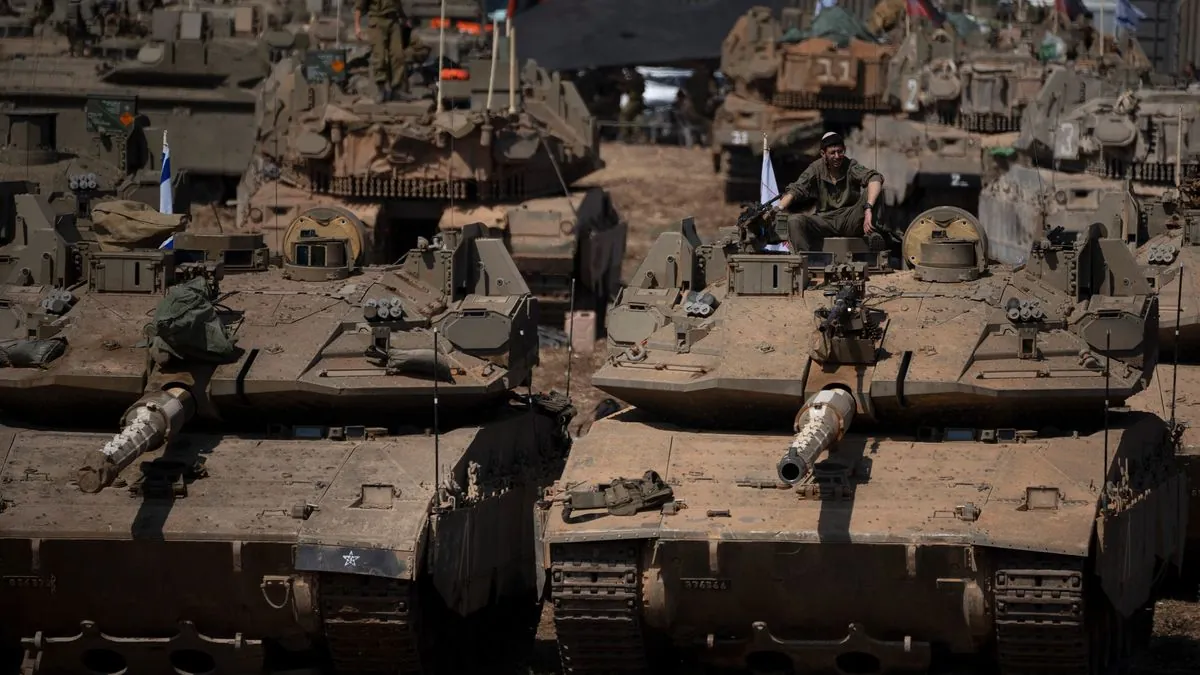In a recent military operation, Israeli forces have reported substantial casualties among Hezbollah fighters in Lebanon. According to Lieutenant Colonel Nadav Shoshani, an Israeli military spokesperson, approximately 250 Hezbollah members have been eliminated since the commencement of ground operations earlier this week.
The Israeli military claims that among the casualties are several battalion and company commanders, potentially dealing a significant blow to Hezbollah's operational structure. This Shi'a Islamist organization, founded in 1982 during the Lebanese Civil War, has long been a formidable force in the region, with its military wing estimated to comprise tens of thousands of fighters.
Israeli forces have also conducted airstrikes targeting Hezbollah's intelligence headquarters in southern Beirut. The military is currently evaluating the extent of damage caused by these strikes. It's worth noting that Hezbollah maintains a sophisticated intelligence network, which plays a crucial role in its operations.
Hezbollah, whose name translates to "Party of God" in Arabic, has not publicly confirmed any casualties. The organization, led by Hassan Nasrallah since 1992, is known for its complex relationship with the Lebanese government and its significant influence on the country's politics and society.
This recent escalation is part of the ongoing conflict between Israel and Hezbollah, which has persisted since the group's formation. Hezbollah receives substantial support from Iran and has been involved in multiple confrontations with Israel over the years.
The organization's military capabilities, including a large arsenal of rockets and missiles, have been a constant concern for Israeli defense forces. Hezbollah's strong presence in southern Lebanon and its involvement in cross-border tunneling activities have further complicated the security situation in the region.
While Hezbollah is considered a terrorist organization by several countries and organizations, it also operates as a political party with seats in the Lebanese parliament. The group provides various social services in Lebanon and operates its own media outlets, including the Al-Manar TV station.
As the situation continues to develop, the international community watches closely. The conflict's impact extends beyond the immediate military engagement, affecting the complex political landscape of Lebanon and the broader Middle East region.
